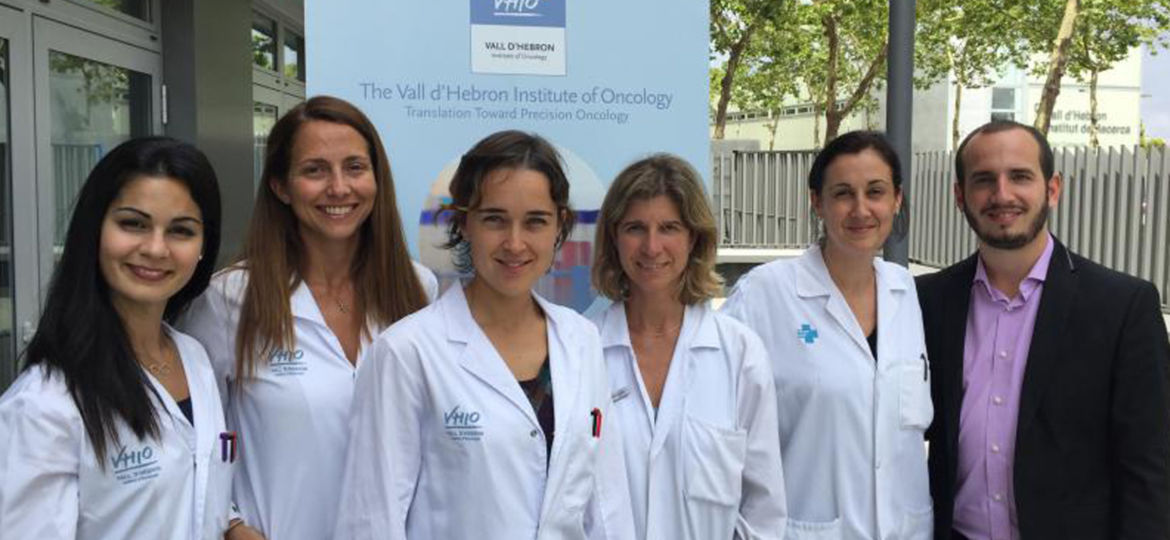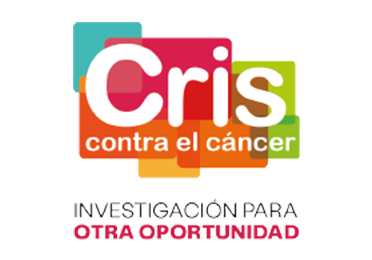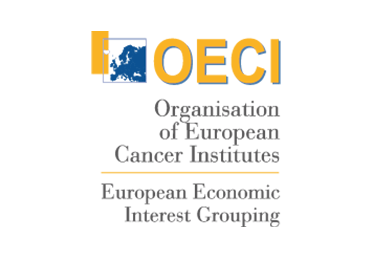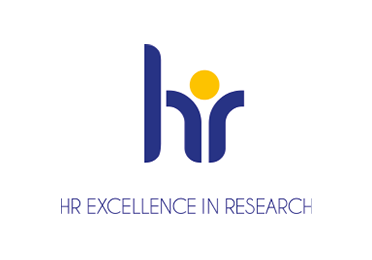
Barcelona, March 18, 2020.- A project from the Vall d’Hebron Institute of Oncology (VHIO) is among the four selected in the first funding round of the CaixaImpulse Consolidate 2019 program. RAD51predict, led by Dr. Alba Llop of the Experimental Therapeutics Group at the VHIO, run by Dr. Violeta Serra, is intended to improve the selection of patients who could benefit most from PARP inhibitor therapy. It does this by identifying the RAD51 protein, which acts as a tumor biomarker.
“At VHIO, we have been working for some time on different projects based on the use of RAD51 as a biomarker to help personalize cancer treatment and expand the use of PARP inhibitors. The RAD51predict test makes it possible to precisely and quickly identify patients with breast and ovarian cancer who could benefit from these therapies, and make it possible to select patients for clinical trials to assess the effectiveness of PARP inhibitors in other kinds of tumor,” said Dr. Llop. The VHIO project will now receive a grant of 300,000 euros, together with a personalized support program to allow it access to better mentors and innovation experts. The project, initially called PARPiPRED, had already received finance and training in technology transfer from the CaixaImpulse Validate program in 2017.
A total of 35 applications to take part in this first CaixaImpulse Consolidate funding round were received from 22 research centers from Spain and Portugal. These rounds of funding are permanently open and the aim is to select the best candidates two or three times a year.
Getting through the Valley of Death
Research projects can access sources of finance to support their work. However, they often have to go through a whole series of funding difficulties when they want to transfer their results to the market and launch a commercial product. This is known as the Valley of Death, where many groups fail before they ever achieve their commercial aims.
Since 2015, “la Caixa” and Caixa Capital Risc have been operating the CaixaImpulse program, using patents to make it easier to establish companies or transfer agreements to take the scientific knowledge originating in research centers, universities and hospitals into society.
Now, with the launch of the Consolidate process, the aim is to offer support to projects at later stages of development to help them get through the Valley of Death, attract finance from private investors, and finally reach the market. By doing this, the CaixaImpulse program expands its influence as it supports innovation projects through more stages of the transfer-to-market process.
As well as Dr. Llop’s project, another three were chosen in this funding round. VHIO would also like to congratulate Dr. Marc Güell, of Pompeu Fabra University, who is seeking to develop new predictive gene editing technologies for advanced therapies; Dr. Rafael Máñez, of the Bellvitge Biomedical Research Institute, whose project is seeking an innovative alternative to antibiotics to cure infections bacterial diseases in intensive care; and Dr. Antoni Matillas, of the Institute for Health Sciences Research Germans Trias i Pujol Foundation, who will seek to develop first-class gene therapy with adeno-associated viruses for the curative treatment of Friedreich’s ataxia.










